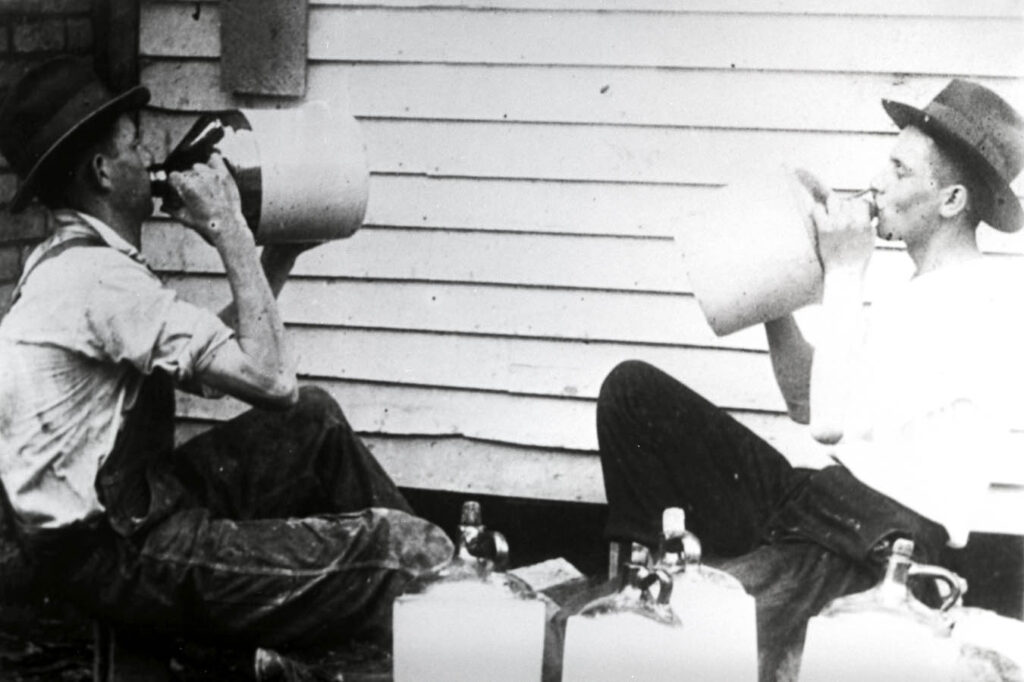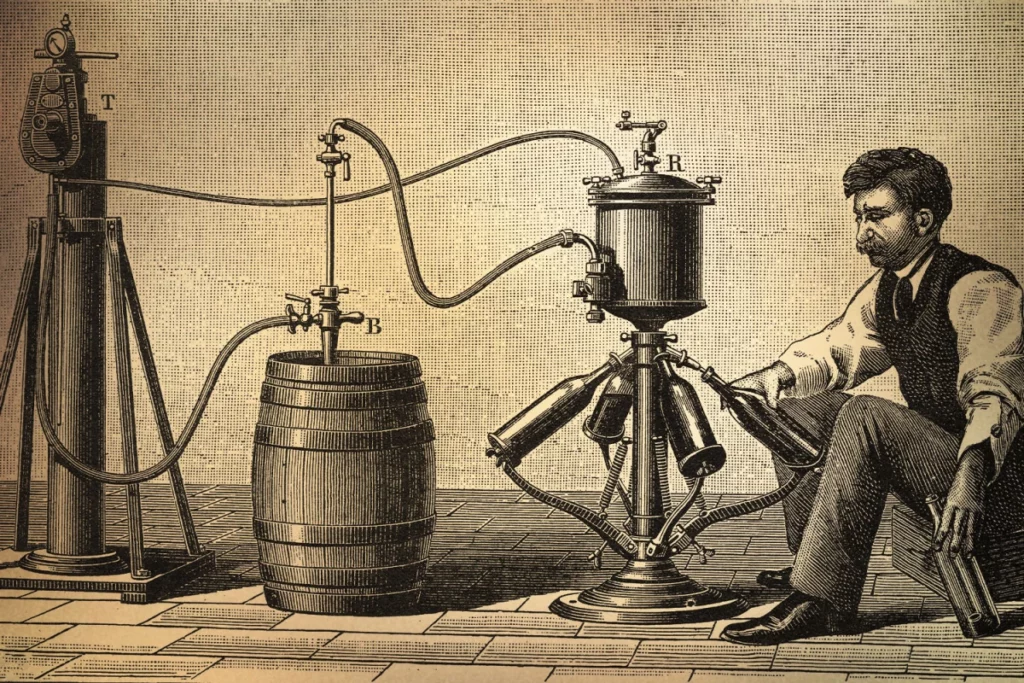The legality of moonshine varies depending on the jurisdiction and the specific circumstances of its production. Moonshine, often associated with clandestine distillation and Prohibition-era rebellion, exists within a complex legal framework. This article aims to shed light on the nuanced and evolving status of moonshine, examining the factors that determine its legality.
First we need to look at the historical context. The history of moonshine is intertwined with the era of Prohibition in the United States (1920-1933), during which the production, sale, and distribution of alcoholic beverages were prohibited. Moonshine gained prominence as a result of the scarcity of legal alcohol, with individuals resorting to homemade distillation to fulfill their desire for spirits. This period saw the rise of illicit moonshining operations and the associated criminal activities.

Next we should learn about the regulatory framework and licensing of moonshine. The legality of moonshine hinges on the jurisdiction and the adherence to specific regulations and licensing requirements. In many countries, including the United States, the production and distribution of distilled spirits are heavily regulated. To legally produce moonshine or any distilled spirit, individuals or entities must obtain the necessary licenses and permits from relevant authorities.
In the United States, for instance, the Alcohol and Tobacco Tax and Trade Bureau (TTB) oversees the regulation of distilled spirits. To produce moonshine legally, individuals or businesses must comply with federal regulations, which include obtaining a Distilled Spirits Plant (DSP) permit, meeting specific production standards, and paying appropriate taxes.
The legality of moonshine also extends to home distillation for personal use. In some countries, such as New Zealand and Canada, home distillation is legal, provided certain criteria are met. However, in many jurisdictions, including the United States, home distillation of spirits, including moonshine, is generally illegal.
The United States imposes strict laws that prohibit individuals from producing distilled spirits at home without the necessary permits and licenses. The Federal Distilled Spirits Permit, as well as compliance with state and local regulations, is required to legally engage in distillation activities.

Exceptions to this rule exist, such as the state of Missouri, where individuals can legally distill a limited quantity of spirits for personal consumption without a permit. However, these exceptions are rare, and in most cases, engaging in home distillation without the proper licenses is considered illegal.
Moonshine must meet specific production standards, such as ingredient composition, distillation processes, and labeling requirements, to be considered legal. These standards ensure consumer safety, quality control, and taxation compliance.
Moonshine production often entails paying taxes and excise duties. Failure to comply with tax obligations can result in legal repercussions and categorize the moonshine as illegal.
The legality of moonshine is a complex and nuanced subject that depends on various factors, including jurisdiction and compliance with regulatory frameworks. While the production and distribution of moonshine can be legal when proper licenses and permits are obtained, home distillation of moonshine is generally illegal in many countries, including the United States. It is essential to understand and abide by the specific laws and regulations governing the production and consumption of moonshine in each respective jurisdiction.




